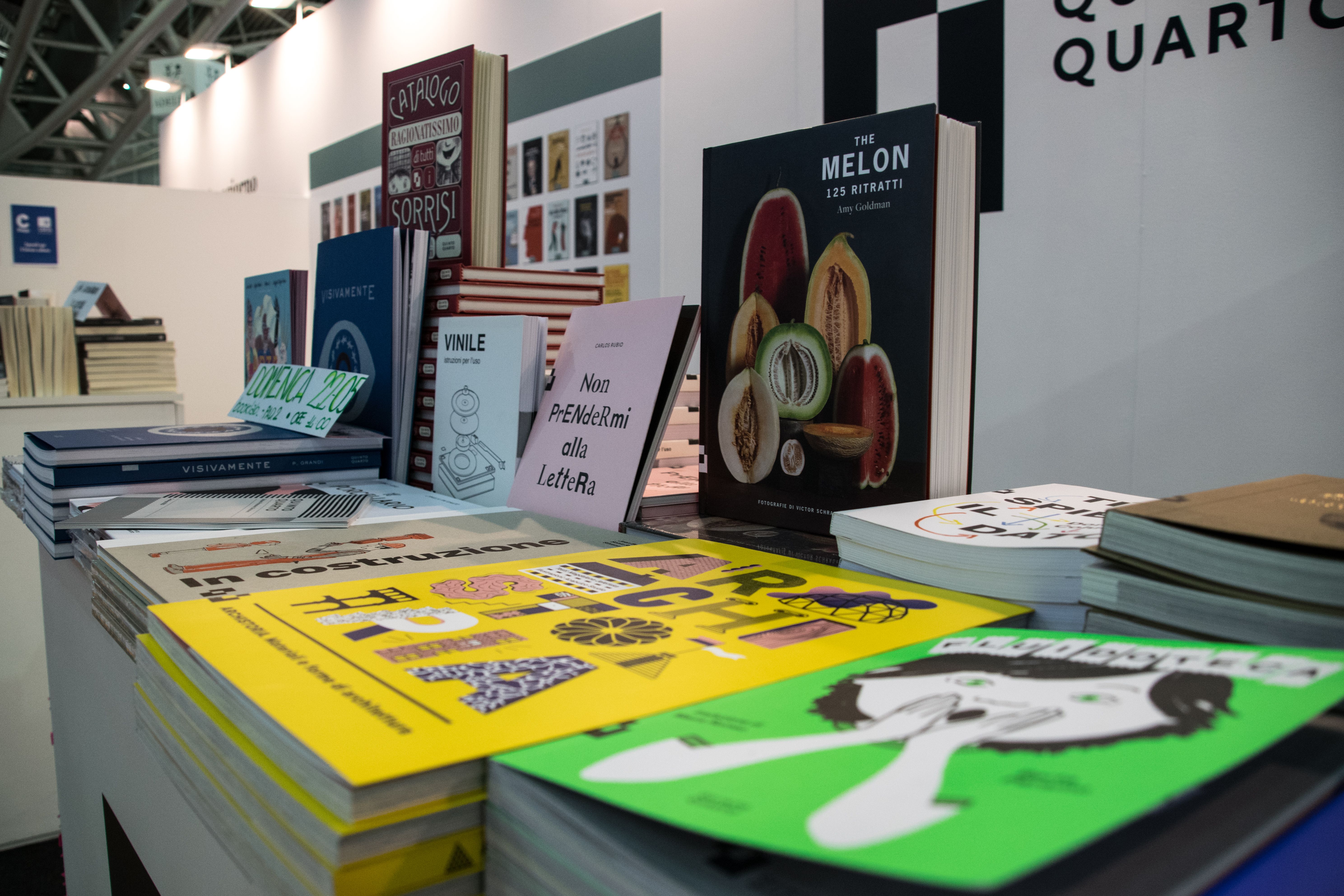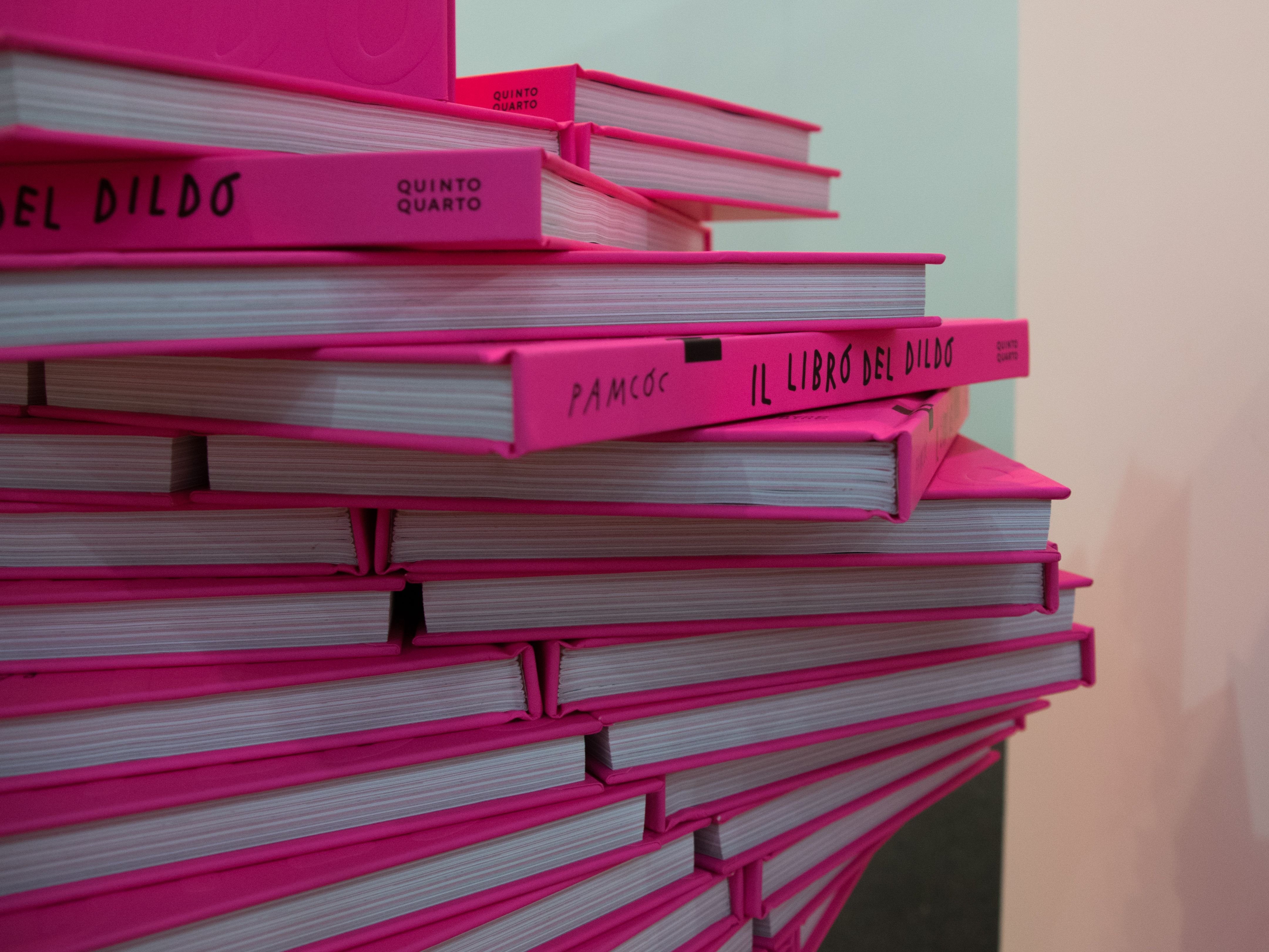The data on the book market of the first four months of 2022, published by the AIE (Italian Publishers Association) last month, do not seem to reassure the production chain of printed paper. The number of readers is, while stably, declining: in 2021, ISTAT recorded 16% of strong readers, that is to say that they read more than twelve books a year; against 44% and 40% of weak and medium readers (less than one and three books a year respectively). At the basis of these numbers there is certainly a poor education to reading, accompanied by socio-economic factors no less important.
But how do these percentages translate into the publishing market? The IEA found a decrease in purchases of 3.7% compared to the same period of the previous year: it becomes relevant if the same numbers are compared with other European countries.
Il mercato del libro nei primi quattro mesi del 2022 from Associazione Italiana Editori on Vimeo.
There are many questions: does it still make sense doing business in this area? How do you work to be able to live with the Italian publishing giants? To find answers, we start from some small enterprises that we interviewed at the Turin Book Fair.
Edizioni Black Coffee, the creature of the Incubatore SalTo 2017, was born from the passion of its founders for translation: they decided to tell the American society from different points of view, using always innovative formulas. Sara Reggiani, co-founder of Edizioni Black Coffee, told us how the project was born, how it evolved and how they work:
"My husband Leonardo Taiuti and I were translating for other publishers; at some point we decided to bring what we found in the United States to Italy. We knew the American market and we came forward: in the beginning we were dealing only fiction of newcomers with five/seven books a year, then we accelerated by adding poetry and essays. Then we opened the podcast Black Coffee Sounds Good, managed by Marta Ciccolari Micaldi, aka La McMusa: we met at our first SalTo, now is the voice of the publishing house. Finally we translate the magazine Freeman’s edited by the critic John Freeman. We are only the means to get it to Italy."
Visualizza questo post su Instagram
We tried to explore less enlightened corners of American production; we had to specialize in order to emerge in the market that everyone translates. So we decided to highlight part of American society that sometimes even the United States does not recognize like them. The name of the series, Americana, is not accidental: in music it defines everything that is universally recognized, even in a stereotypical way, as American. We would therefore like to see what is not yet "stereotyped" become a "stereotype"; it would be a sign of inclusion. That is why the series includes realities that try to solve the great problem of American social fractures. They are not books of complaints: solutions are sought in their pages.
Visualizza questo post su Instagram
Quinto Quarto Edizioni, active on the market since 2018, has decided to focus instead on the illustrated book for adults. It is a genre little developed in Italy, which does not find the right place among the shelves of bookstores; Quinto Quarto combines it in a unique way to talk about contemporary issues. Maura Romeo, one of its founders, tells us about the project and how their book was born:
"We deal with design, food and wine, art; we also care about inclusivity, feminists and anti-racists. If we have to look for an editorial line that connects our books, it is that of the search for unusual topics; or of usual topics, however, treated from an unusual angle.
We work both with original projects and acquired abroad in translation: the original projects require more energy, but they have a much more stimulating degree of processing and meeting with the author. It happens both to have an idea and then we look for who can realize it, both that embryonic projects arrive that make us fall in love with the first draft"

"Or we absolutely want to work with an author without having an editorial project in mind: this is how Il libro del dildo by PAMCOC was born. The author began to work with us without us knowing which book to make, during our meetings came out then this bizarre idea. The collaboration was born almost by chance: I followed her on Instagram, I loved her stylistic figure so we got in touch and the project was born. It is around people that the book is born."

Readerforblind, born as an online literary magazine in 2015 and since only one year evolved in the publishing house, aims to rediscover forgotten authors. Valerio Valentini, co-founder, tells us how the idea was born:
"The idea of the series Le polveri took shape from my great passion for the first editions of works now unknown: I and the commercial director of the publishing house we often did live coverage on these little-known writers, especially Americans of the late nineteenth and early twentieth centuries. When we finished the live broadcast, we kept talking about their abandoned works and their first editions in Italian, also forgotten, that maybe I had on my shelves. What interests us, in addition to the book itself, are the editorial and authorial events that lie between the pages.
We do not focus only on the past: we have published and will continue to publish contemporary authors."
Visualizza questo post su Instagram
The voices of these realities, all born no more than five years ago, show that specialization, originality and attention to the quality of the book product compared to quantity, are the keys to live with the big publishers. And to move everything there is a strong passion for the printed press, which gives hope for the future of this economic sector.
.jpg)